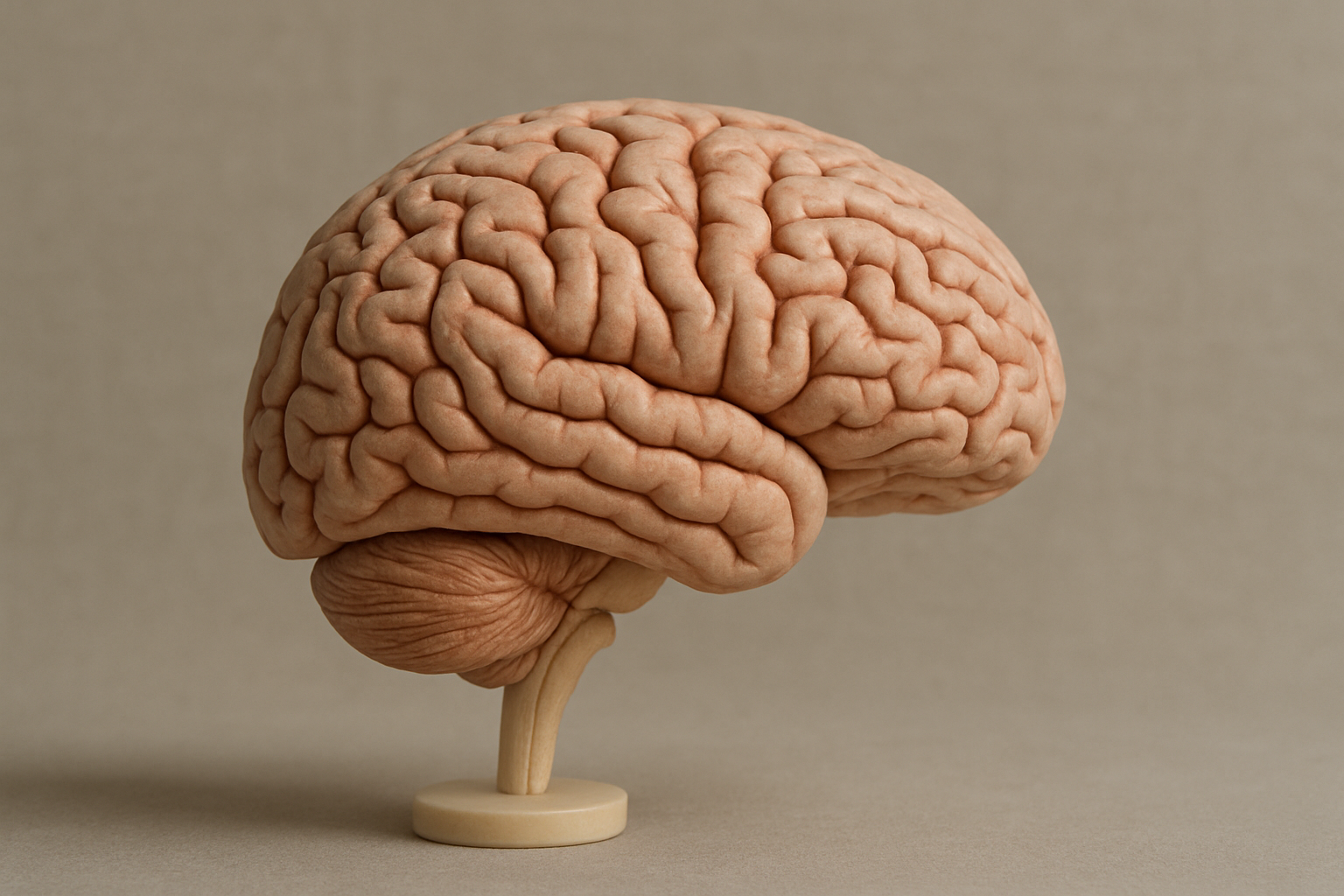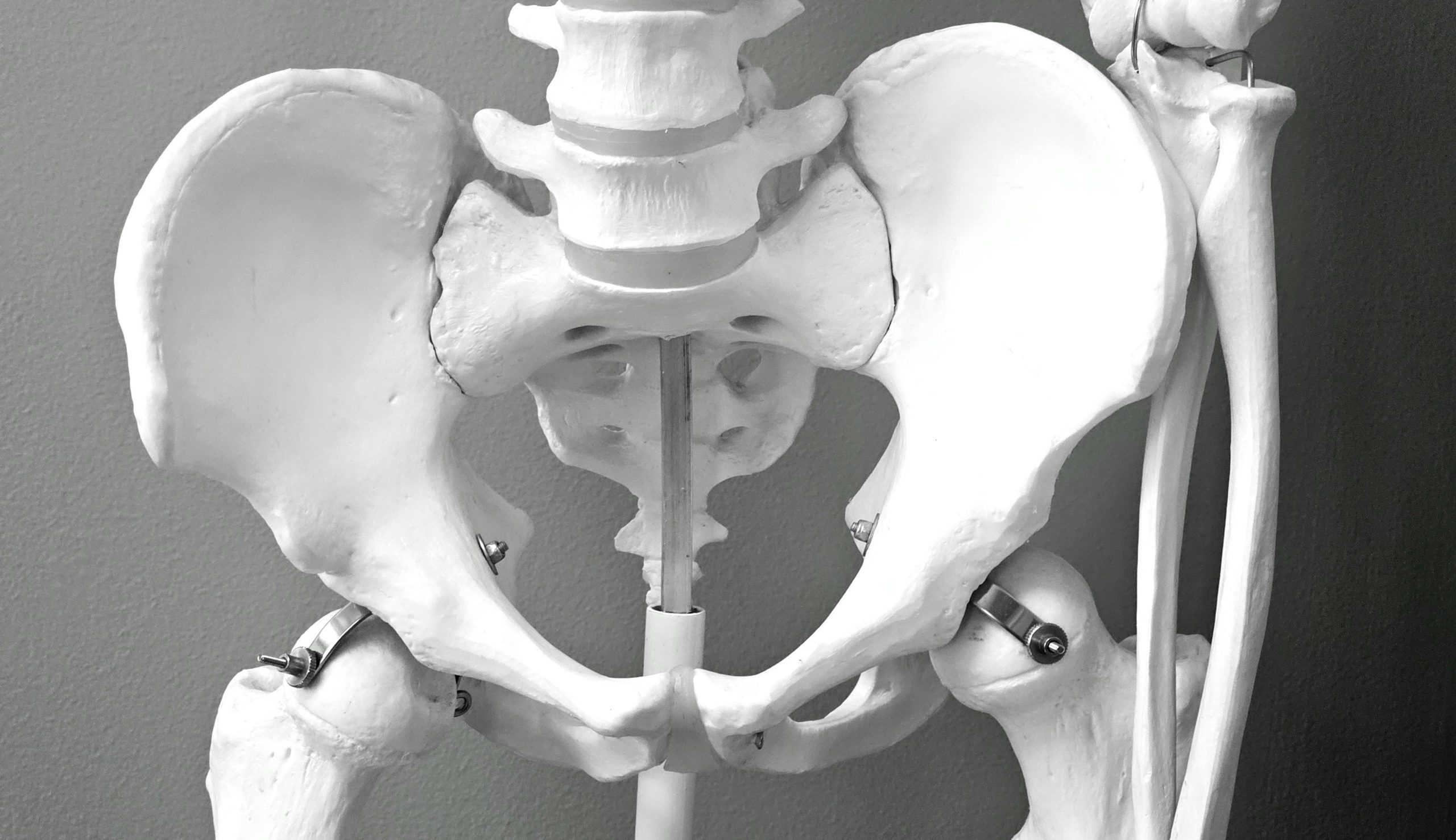Dementia is the progressive decline in an individual’s function. We commonly think of memory loss, but it can also include a decline in understanding, decision making, social skills, physical function, and changes in personality and behaviour. In 2023, it was estimated to affect 411 100 Australians, was the second leading cause of death of all Australians in 2022 and was the leading cause of death in Australian women.1 Unfortunately there is no known way of preventing dementia, but there are some ways to reduce your risk. It’s never too late to make these changes, but the greatest impact is if changes are made around the midlife.
Ten ways to reduce your risk of dementia
- Physical Activity
Inactivity in early life increases the risk of dementia in later life.2 Studies have showed that by participating in regular exercise, especially from midlife, you can reduce your risk of future dementia.2,3 Even if you start with weekly moderate to vigorous activity, there is some benefit. There are no clear guidelines to the amount or type needed for dementia prevention, but studies suggest moderate intensity, aerobic exercise has the most benefit.2,3,4
For the maintenance of general health, Australian guidelines recommend 150-300 minutes of moderate physical activity and at least two sessions of resistance exercises per week.5 It can be hard to get to this level straight away, so finding any physical activity that you enjoy and can continue regularly is the best place to start, and you can slowly build on this. - Mental Activity
Cognitive reserve refers to the ability of the brain to cope with damage.3 Studies show that increased mental activity across the lifespan can increase cognitive reserve and delay the onset of dementia.3 This may include a variety of activities including mentally demanding work, reading, playing games or sports, travel, playing music, art, and speaking more than one language.2
There is also the “Use it or lose it” hypothesis, that suggests increased mental activity improves cognitive function. There have been studies looking at formal brain training programs in older adults, with mixed results, but the basic takeaway is to continue participating in mentally stimulating activities, even as you age, to delay the onset of dementia.2,3 - Social Engagement
Higher social participation and more frequent social contact across the lifespan, but especially in middle and older age groups, were associated with a reduced risk of dementia.2,3 This can include spending time with family or friends, participating in community groups or engaging in paid or volunteer work. - Healthy Diet
Having a generally healthy diet can help with reducing the risk of dementia. The Mediterranean diet has been studied the most and has the largest amount of evidence behind it reducing dementia risk.2,3 Another diet called the Mediterranean-DASH Diet for Neurodegenerative Delay (MIND diet) incorporates elements of the Mediterranean diet and the DASH diet for hypertension and is showing even better results than the Mediterranean diet.
The important elements of the MIND diet are listed below6:- Foods to prioritise
- Vegetable intake- over six serves of green leafy vegetables per week, and more than one serve of other colourful vegetables per day
- Wholegrains- more than three serves per day (rather than refined grains)
- Nuts- over five serves per week
- Beans/Legumes- over four meals per week containing beans/legumes
- Berries- over two serves per week
- Olive oil as the main source of added fat
- Fish- aim at least once weekly intake of fish, especially oily fish such as salmon
- Meat- more than two serves of poultry per week
- Foods to limit
- Meat-less than four serves of red meat per week
- Sweets/Pastries- less than five serves per week
- Dairy-less than one serve per week of cheese and fried foods
- Butter/Margarine-less than one tablespoon per day
- Foods to prioritise
- Avoid excess alcohol
Excess alcohol use is a risk factor for dementia.2,3 Studies show that having less than 11 standard drinks per week has a 17% lower risk of dementia than those drinking more than 16 standard drinks per week.2 - Stop Smoking
Both smoking and exposure to second-hand smoke increase the risk of dementia.2,3 Stopping smoking for even four years, can reduce your risk of developing dementia over the next eight years.2 It is never too late to make a change. - Avoid Head Injuries
Head injuries, including concussions, have been associated with an increased risk of dementia.2,3 The use of protective headgear during high-risk activities can reduce this risk. - Check your hearing and use hearing aids if needed
Hearing loss has been shown to double the risk of developing dementia.2,3 This may be due to people with hearing loss having less stimulation of the brain, resulting in cognitive decline. Several studies have shown this risk is not seen if the affected individual uses hearing aids to correct for the hearing loss.2 It is therefore important to get regular hearing checks. - Management of Depression
The presence of depression significantly increases the risk of dementia, especially when first diagnosed later in life.2,3 It is important if you notice changes in your mood to seek help and this may include changes in your lifestyle and your activities, counselling or working with a psychologist, or medications. - Managing vascular risk factors
High blood pressure, high cholesterol, high blood sugar or diabetes, and a higher weight can all increase your risk of vascular disease, or disease of the blood vessels.2,3 This increases the risk of dementia, and the risk starts from midlife.2,3 It is important to regularly check these levels with your GP and work on strategies to keep them in the optimal range
As with most things in medicine, working on a combination of these factors has a much higher rate of reducing dementia risk than focusing on only one.2 If you would like to know where to start, you can try this free online risk assessment tool CogDRisk developed in Australia. It generates a report that you can print out and bring to your GP appointment to discuss further.
If you would like to see if you are starting to have issues with your cognition, you can try Brain Track , a free app with games that test your cognition over time. It is not a formal assessment for dementia or cognitive issues, but you can track your scores over time to see if there is any deterioration. It provides useful information that can prompt a discussion with your GP and may lead to an earlier diagnosis of dementia.
If you feel you already have memory issues, or deficits in other areas of your cognition, please see your GP. If a loved one is exhibiting any of these concerns, please also discuss this with your GP as they will have many suggestions and be able to recommend resources to support you.
References:
- Australian Institute of Health and Welfare. Dementia in Australia. Australian Institute of Health and Welfare. Australian Government; 2024. Accessed Aug 10, 2025. https://www.aihw.gov.au/reports/dementia/dementia-in-aus/contents/summary
- Livingston G et al. Dementia Prevention, Intervention, and Care: 2020 Report of the Lancet Commission. The Lancet. 2020 Jul 30;396(10248):413–46. doi: 10.1016/S0140-6736(20)30367-6
- World Health Organisation. Risk Reduction of Cognitive Decline and Dementia WHO Guidelines. World Health Organisation; 2019. Accessed Aug 11, 2025. https://iris.who.int/bitstream/handle/10665/312180/9789241550543-eng.pdf?sequence=17
- Erickson KI et al. Physical Activity, Cognition, and Brain Outcomes. Med Sci Sports Exerc. 2019 Jun;51(6):1242–51. doi: 10.1249/MSS.0000000000001936
- Department of Health and Aged Care. Physical activity and exercise guidelines for adults (18 to 64 years). Department of Health and Aged Care; 2021. Accessed Aug 10, 2025. https://www.health.gov.au/topics/physical-activity-and-exercise/physical-activity-and-exercise-guidelines-for-all-australians/for-adults-18-to-64-years
- Alzheimers Research Australia. Eating for Good Brain Health | Alzheimers Research Australia. Alzheimers Research Australia; 2024. Accessed Aug 11, 2025. https://alzheimersresearch.org.au/eating-for-good-brain-health/


